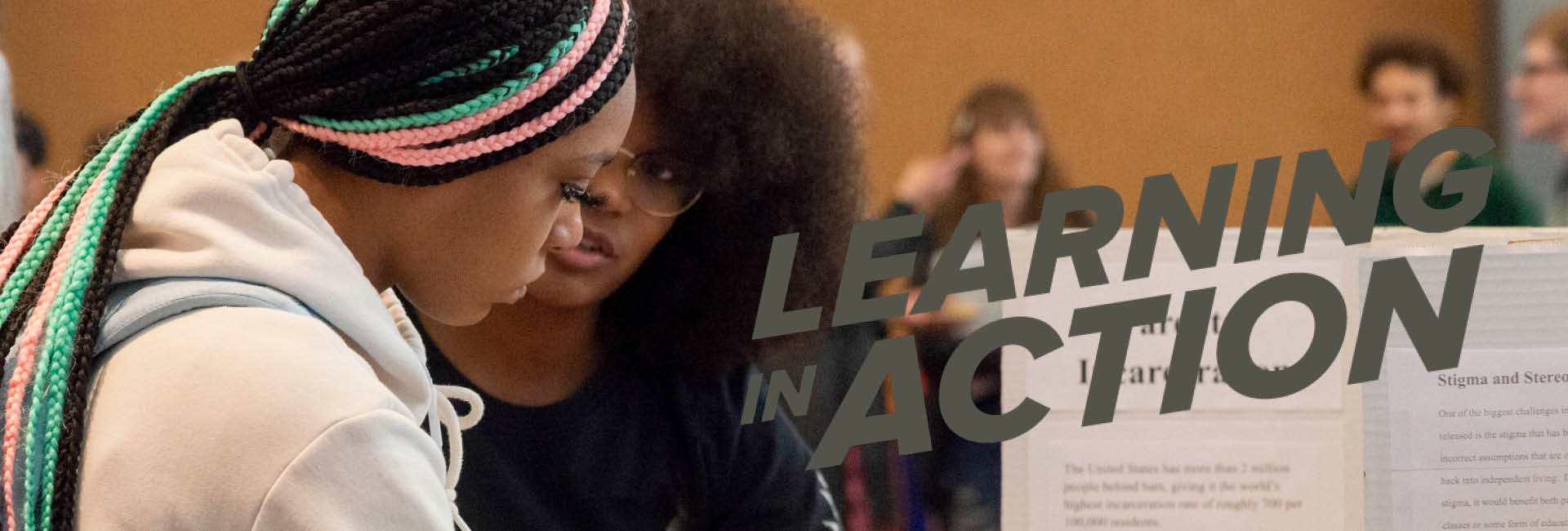Undergraduate Research, Scholarship and Creative Activity
UW-Parkside has been active in undergraduate research, scholarship, and creative activity (URSCA) for many years. These high-impact practices help you academically through more engagement with your major; professionally by increasing your competitive skills for jobs as well as graduate and professional schools, and entrepreneurially by providing platforms for you to present ideas and earn funding opportunities.
RESEARCH PRESENTATION OPPORTUNITIES
LOCAL | REGIONAL | NATIONAL
UW-PARKSIDE STUDENT SHOWCASE
APRIL 29, 2026
Created for all students involved in undergraduate and graduate collaborative (student-faculty) scholarly work including poster presentations, short talks, artistic presentations, and musical performances. Located in the UW-Parkside Student Center Ballroom and adjacent conference rooms.
RESEARCH IN THE ROTUNDA
Wednesday, March 11, 2026
This event focuses on the breadth of undergraduate research taking place on UW System campuses. This is a unique opportunity to educate our state legislators about the value of undergraduate research to students, faculty, and regional economic development.
UW SYSTEM SYMPOSIUM FOR UNDERGRADUATE RESEARCH AND CREATIVE ACTIVITY
Friday, May 1, 2025
The annual UW-System wide undergraduate conference includes a wide range of presentation topics and formats from all disciplines and majors. UW-Parkside students involved in student-faculty collaborative scholarly work are encouraged to talk with your faculty mentor about registering and attending this annual meeting.
NATIONAL CONFERENCE ON UNDERGRADUATE RESEARCH (NCUR)
APRIL 13-15, 2026
A national conference where undergraduate students present their research, scholarly work, and creative activity. NCUR 2026 will be hosted by the Virginia Commonwealth University, at the Greater Richmond Convention Center in Richmond, VA..
UW-Parkside deadline for consideration for funding to attend NCUR was Nov. 14, 2025. Contact David Higgs (higgs@uwp.edu) for information about NCUR registration and how to be considered for UW-Parkside funding for students to attend NCUR.
IDEA AND INNOVATION COMPETITIONS
TECHPRIZE
SPRING
Tech-Prize is about creating and finding great ideas and applying the “special sauce” that helps those ideas succeed.
THE BIG IDEA INNOVATION CHALLENGE
EVENT PENDING
The BIG IDEA Innovation Competition provides competitive funding opportunities for UW-Parkside students to develop innovative ideas and start-up initiatives. This funding opportunity provides you with the funds and expertise needed to successfully take your idea from "spark" to "seed".
WISYS QUICK PITCH
SPRING
WiSys Quick Pitch is a research-focused student pitch competition that inspires Universities of Wisconsin students to consider the impact of their research and learn how to effectively communicate it to a general audience. Participants have three minutes to impress a panel of judges with their ability to explain the value of their research to society. The top presenters win cash prizes and secure a spot in the Quick Pitch State Final.
PAID RESEARCH OPPORTUNITIES
Undergraduate Research Apprenticeship Program | URAP
UW-Parkside's URAP program is designed to facilitate opportunities for undergraduate students to build closer professional connections with their instructors through their involvement in a collaborative research experience. These competitive awards provide funds to the students during the semester as they work on their projects. Faculty and academic staff are supported by the Provost's Office to engage undergraduates in research/creative artistry activities in one-on-one mentorships. Each student is rewarded with a stipend after the completion of their research.
PROGRAM GOALS
PROGRAM GOALS
- To create and expand opportunities for undergraduates and faculty or academic staff to work as collaborators in the search for knowledge; to involve students in the creation of that knowledge and to acknowledge and celebrate the accomplishments of undergraduate researchers.
- To foster critical thinking and active learning in students.
- To create a better understanding of what research and creative artistry entail and why people do it.
- To further demonstrate and reinforce the synergistic relationship between teaching and scholarship.
APPLICATION AND CONTACT
The University seeks proposals for collaborative research every semester. Applications are submitted to your Dean or Division office.
If you have any questions or would like more information regarding URAP, please email Julie Lee at julie.lee@uwp.edu.
FIVE STRATEGIC PILLARS
The University is a long-standing member of the Council on Undergraduate Research (CUR) and an active participant in the Wisconsin System Council on Undergraduate Research (WiSCUR). As a CUR member, Undergraduate Research, Scholarship, and Creative Activity (URSCA) at UW-Parkside strive to follow CUR's five strategic pillars.
FIVE STRATEGIC PILLARS
- Integrating and Building Undergraduate Research into Curriculum and Coursework
Focusing on building a curriculum that is both research-based and supports undergraduate research as an outcome of the curriculum. - Assessment of the Impact of Undergraduate Research
Examines the outcomes of undergraduate research on students, faculty, curriculum and institutions. - Diversity and Inclusion in Undergraduate Research
Offers undergraduate research to a wider audience of undergraduates, faculty, and institutions to increase the diversity of participants, particularly from underrepresented groups and institutions. - Innovation and Collaboration in Undergraduate Research
Expanding undergraduate research opportunities beyond academic institutions to research collaborations with business and non-profit organizations as well as between higher education institutions. - Internationalization and Undergraduate Research
Expanding the opportunities for research exchanges, research collaboration, and field research in international settings.
Approved by the Council on Undergraduate Research Executive Board - Aug. 25, 2014
UW-PARKSIDE INSTITUTIONAL REVIEW BOARD
POLICY FOR RESEARCH INVOLVING HUMAN SUBJECTS
Guidelines for Teaching & Research Interconnected Projects: Student Research, Classroom Research, Community Based Learning & Research, Scholarship of Teaching and Learning
All individuals involved with conducting research on human subjects must go through CITI Human Subject Research training. This includes faculty and staff as well as students.
With respect to students, the following apply:
- Students acting as principle investigators (under the supervision of a faculty sponsor)
- Students who are research assistants
- Students in classes where research on humans is taught (suggested)
Research in the Classroom: Does research that takes place in the classroom, conducted by students to learn about how to do research, have to go through IRB review?
Because the primary purpose of this form of research is instructional, students do not need to submit their projects for IRB review. These projects would be considered exempt from IRB review as they would not qualify as ‘research’ under federal guidelines given that the intention of the projects is not to contribute to generalizable knowledge per se, but for student learning.
The following conditions and stipulations apply:
- It is the instructor’s responsibility to supervise student research projects to ensure that they comply with guidelines for the ethical conduct of research involving people as research subjects.
- Instructors should submit their assignment descriptions to the IRB for review for official exemption at the start of, if not prior to, the semester of the class research project.
- If there are plans or the possibility for presentation or publication of student research projects, those projects should be submitted for IRB review prior to the collection of data.
Research and Community-Based Learning
- If instructors are conducting research on a community-partner or on student-learning in a CBL course with the intention to disseminate and publish the results of the CBL project, this is considered research and must go through IRB review.
- If an instructor is presenting or writing about the process of a CBL project, this does NOT need to go through IRB review since the instructor is presenting on a pedagogical process rather than on research per se.
- If the results of a CBL project are being presented to the community-partner, because the partners are considered co-researchers, this does not need to go through IRB review.
Conducting Research on Students or Classroom Learning
If an instructor examines student learning in her or her classroom for the sole purpose of learning how to improve instruction, this work does NOT need to go through IRB review.
However, research conducted on student learning with the intention of disseminating the results constitutes research and must go through IRB review.
In addition, based on prior experience, the IRB has the following general recommendations:
- Because participation in a research project should always be voluntary, students must be given the option of whether or not to participate.
- If the nature of ‘participation’ involves completing an assignment for the class, rather than be given the option of not doing the assignment, the student instead can be given the option of whether or not to have his/her information included in the data.
- If alternative work can be done if a student does not wish to participate, that work should be the ‘equivalent’ in terms of duration, effort, and ease as participating in the research project.
- Students should indicate consent through a third party (not the instructor) so that students will not feel indirect pressure to participate (e.g., another faculty member could distribute and collect consent forms while the researcher faculty member/instructor is outside of the room; the researcher faculty member does not know during the semester of data gathering what students in his/her class have agreed to participate).
IRB and CBL
Meeting a community need is crucial to the definition of community-based learning and is considered a best practice. In some courses, CBL students are conducting research to provide information to a community agency/organization that will help the agency advocate for their constituents, create or improve programming, or otherwise inform the agency’s work. The research performed by the students must be shared with the community agency, and possibly a larger audience, in order to be meaningful. This is often done via an oral presentation at the end of the semester and/or a written summary or report.
For example:
- Sociology students interview clients at a social service agency in order to collect information about homelessness that can be used by the agency to inform programming that meets the needs of their clients
- PSYC 492: Psychology Research Seminar students will conduct a “research” project for an organization in Racine. They will interview single moms to learn about how they define success and what can be done to help them achieve success. The agency will use this information to better align policy and programming to the women’s needs.
- ANTH 300 students will be conducting ethnographic interviews with members of the Kenosha arts community. The partner agency has suggested the final presentation of findings be hosted at a community location and include a community “talk-back” discussion.
- Business students interview clients/community members on behalf of both nonprofits and small businesses for marketing research and include this information in a presentation given back to the sponsoring organization
Faculty Consultant and/or Faculty Researcher?
Sometimes faculty members may use their expertise to provide consultation services to a community organization that is doing research. Does this need to go through IRB review?
It depends:
- If a faculty member is providing her or his expertise to advise an organization on how to conduct research, but is not actually analyzing data or shaping the research project, then this does not need to go through IRB review as this would not be considered research that the faculty member is doing.
- However, if the faculty member is involved in shaping the research project and/or analyzing data, then the faculty member would be considered a researcher for the project and should submit the project for IRB review.
Level of Review
Whether a given study that involves students and/or community-based learning is eligible for exempt, expedited, or full review depends on what the project is about and its methods. In other words, just because a project involves students or CBL work does not automatically qualify it for a particular level of review.




